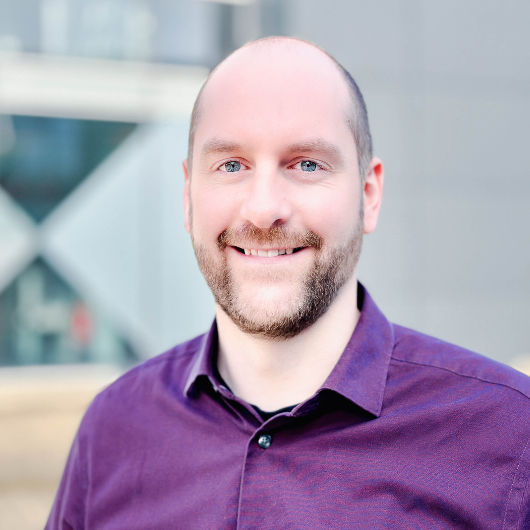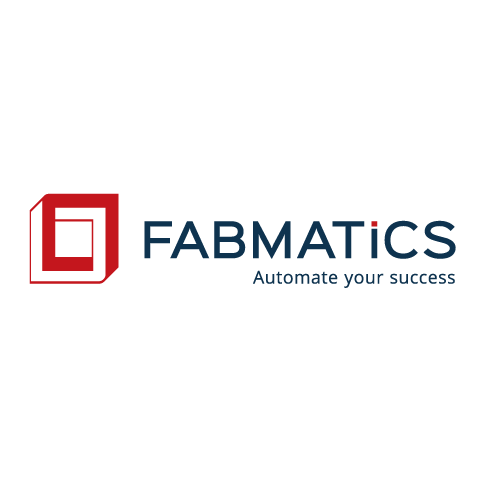
AND Breakout-Sessions
Breakout: Test Wafers – the Hidden GEMS in your Fab
In the intricate landscape of semiconductor manufacturing, managing non-productive wafers – comprising 30% to 50%, and in some cases up to 100%, of the total Fab WIP – is a critical task. These wafers are essential for tool qualification, particle monitoring, handling tests, and other operational needs. While 300 mm fabs typically leverage MES software combined with stocker/sorter hardware for commissioning, 200 mm fabs often rely on manual methods, adding complexity to the process.
Part 1 – Impulse Presentation
The opening presentation will address the challenges associated with managing non-productive wafers, focusing on planning, dispatching, usage, and reclaim. It will also uncover hidden and often underestimated opportunities to improve efficiency in your fab.
Part 2 – Live Simulation
The second talk will introduce a variety of methods to enhance fab automation planning and optimization, with a special emphasis on test wafer management. To provide a deeper understanding, the session will include a live simulation of automation equipment.
Part 3 – Use Case & Expert Discussion
This segment will feature a practical use case and an engaging expert discussion to foster interactive knowledge sharing.
